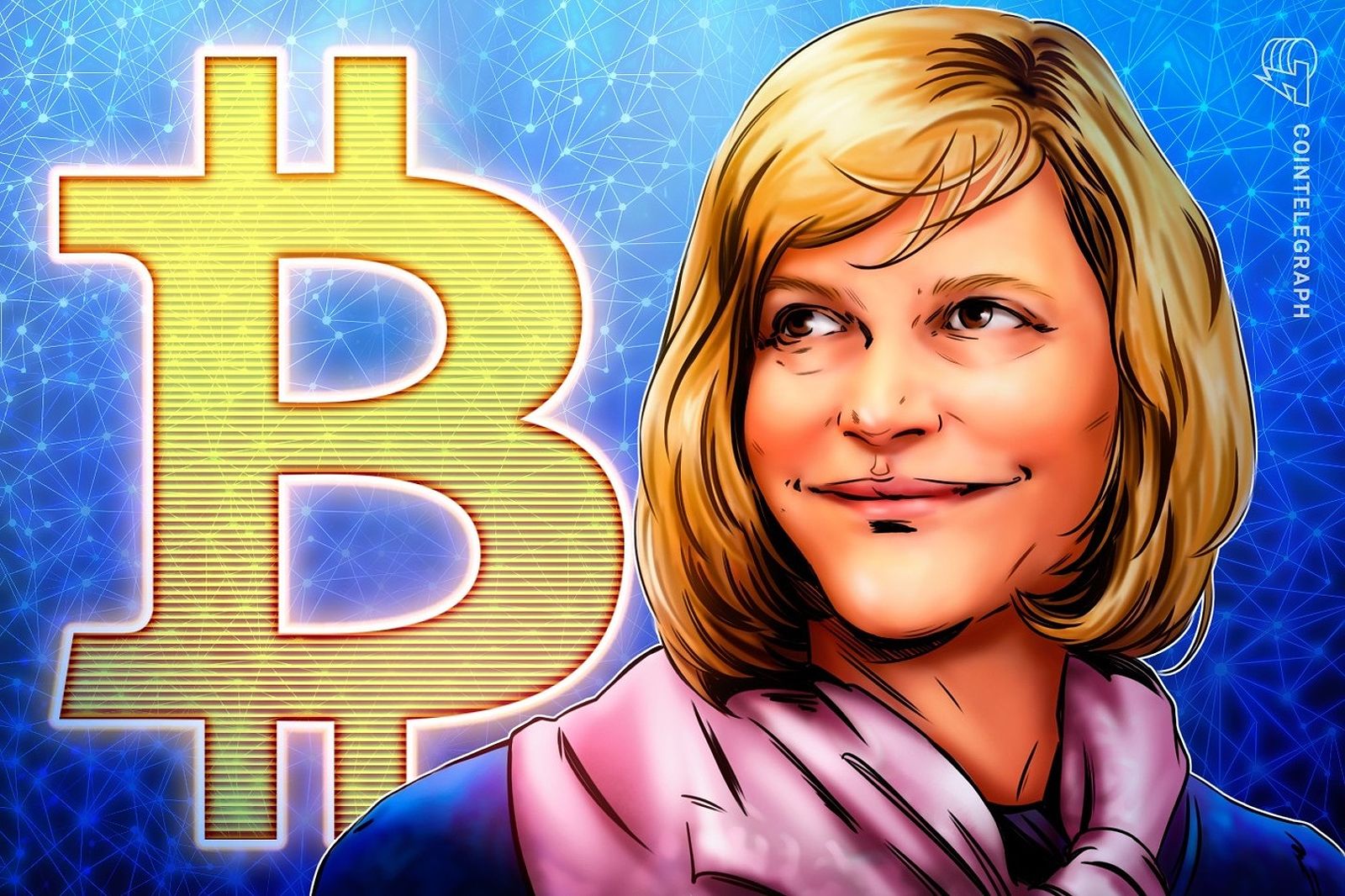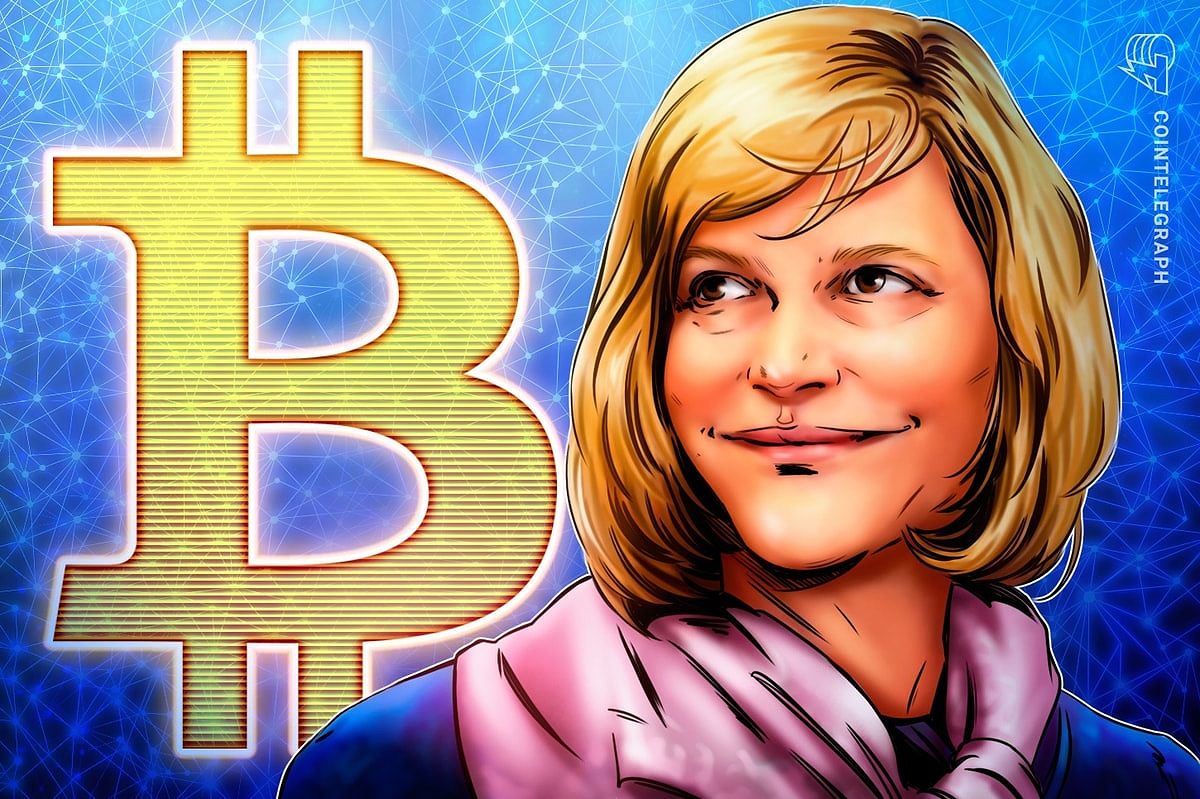So, what if the U.S. government decided to jump on the Bitcoin bandwagon and establish its own Bitcoin reserve? It’s an intriguing thought that’s been making the rounds lately, and it could have some serious implications for the global economy. Let’s break this down in a way that’s easy to digest, sprinkle in a little humor, and see what’s at stake.
Why Consider a US Bitcoin Reserve?
The idea of a U.S. Bitcoin reserve isn’t just a wild fantasy dreamt up by crypto enthusiasts; it’s gaining traction among policymakers who see Bitcoin as more than just digital magic beans. Advocates point to Bitcoin’s limited supply—like a fancy limited-edition collectible that’s only going to get rarer—and its decentralized nature, which could make it a solid alternative to traditional reserve assets, like gold. Plus, there’s the added bonus of blockchain technology, which could jazz up the U.S. financial system, making it snappier and more secure.
The Good, the Bad, and the Bitcoiny

Now, let’s get into the nitty-gritty of what a U.S. Bitcoin reserve could mean for the economy. On the upside, if the government were to adopt Bitcoin, it might crank up demand for the digital currency, sending its price soaring like a rocket. And who wouldn’t want to see the U.S. dollar strut its stuff with a newfound swagger against other currencies? A Bitcoin reserve could also spark innovation and economic growth, like a shot of espresso for the tech sector.
But, hold your horses! It’s not all sunshine and rainbows. Bitcoin is notoriously volatile—think of it like that unpredictable friend who swings from highs to lows faster than you can say “blockchain.” This volatility could rattle the stability of the U.S. financial system. Plus, traditional financial institutions might feel a bit threatened, as their established roles in the global economy could be turned upside down. And let’s not forget the elephant in the room: Bitcoin’s energy consumption and its environmental footprint. That’s a conversation that definitely needs to happen.
Is a US Bitcoin Reserve Even Possible?
Now, let’s tackle the practical side of things. Setting up a U.S. Bitcoin reserve isn’t just about waving a magic wand and hoping for the best. It involves some serious logistical wizardry. First off, the government would need to figure out how to acquire and securely store a mountain of Bitcoin. We’re talking about high-tech storage solutions and top-notch cybersecurity measures to keep those digital coins safe from prying eyes (or hackers with ill intentions).
Creating a solid regulatory framework is also crucial. Without it, managing a Bitcoin reserve could be like herding cats—chaotic and messy. Transparency, accountability, and compliance with existing financial regulations are must-haves. And let’s be real, if the government wants to keep its Bitcoin stash safe, it’ll need to invest in some serious cybersecurity measures. Advanced encryption and strict access controls? Yes, please!
Wrapping It Up
The idea of a U.S. Bitcoin reserve is a complex puzzle with many pieces that need to fit together just right. While the potential perks of diversifying the nation’s reserve assets and boosting financial efficiency are tempting, the risks tied to Bitcoin’s volatility and the pressing need for a solid regulatory framework can’t be brushed aside. As this conversation continues to evolve, financial analysts and economists will need to keep a close eye on how this bold idea unfolds. Who knows? It could be the start of a whole new chapter in the world of finance, or just another intriguing “what if” scenario. Either way, it’s worth keeping an ear to the ground!

